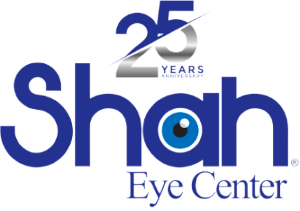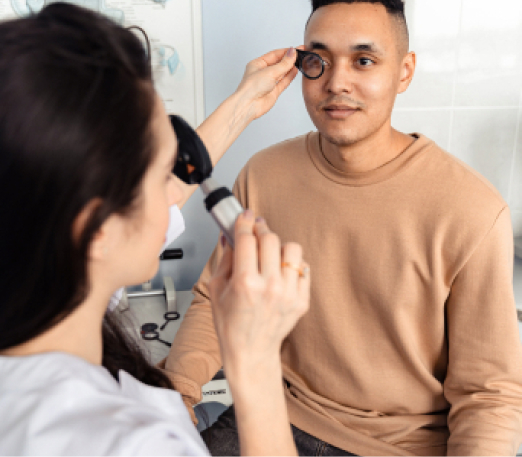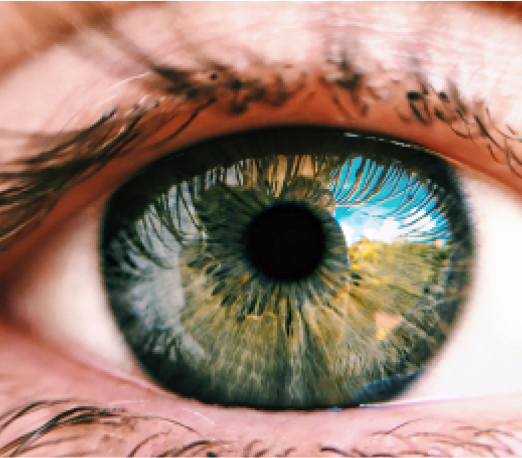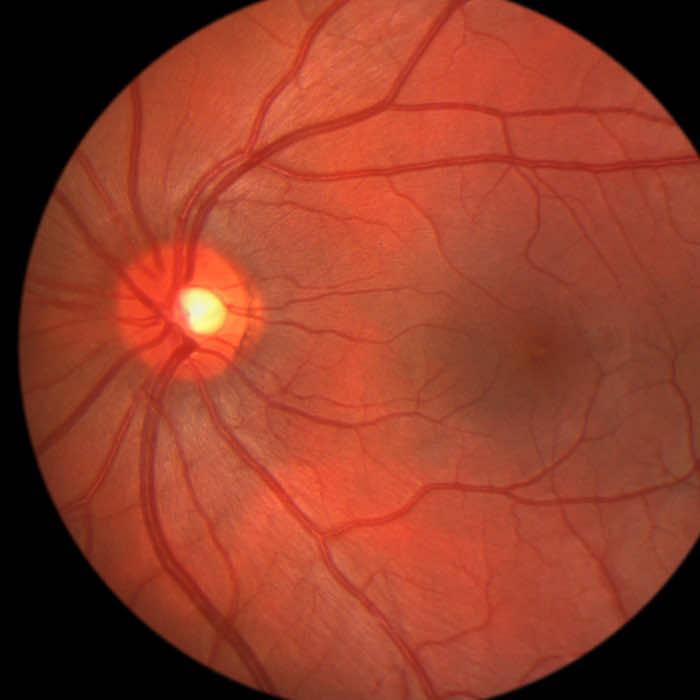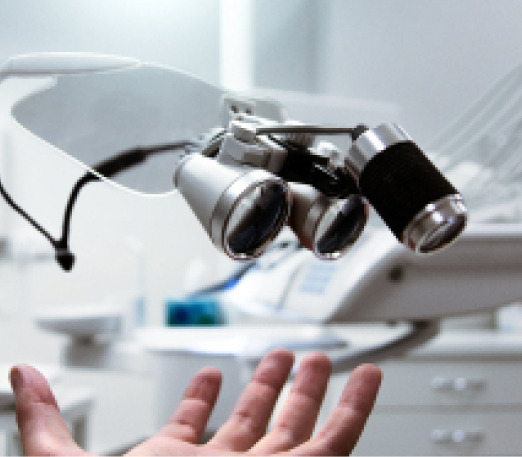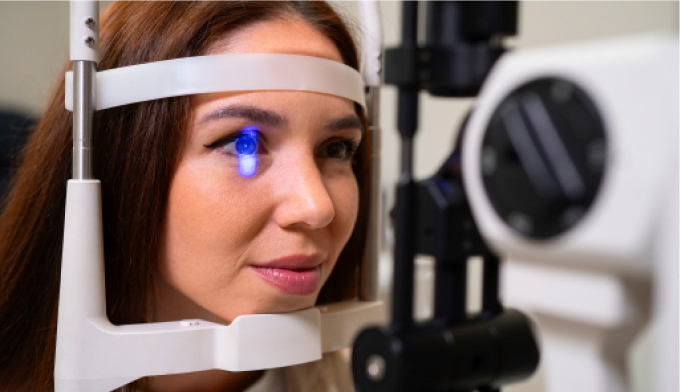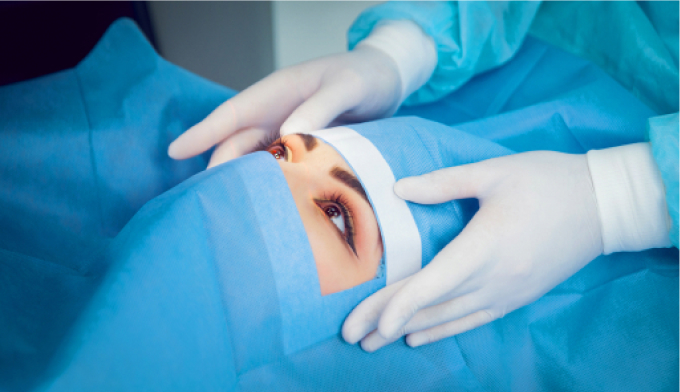Retinal disorders affect the thin layer of tissue at the back of your eye, impacting your ability to see clearly. These conditions can range from mild to severe and may require immediate attention to prevent vision loss.
Common Retinal Disorders
Diabetic Retinopathy: A condition that occurs in people with diabetes, affecting blood vessels in the retina.
Macular Degeneration: A leading cause of vision loss, affecting the central portion of the retina.
Retinal Detachment: A medical emergency where the retina is pulled away from its normal position, requiring immediate treatment.
Importance of Early Diagnosis
Early diagnosis and treatment are crucial in managing retinal disorders effectively. Regular eye check-ups can help in early detection, reducing the risk of severe vision loss.
Why Choose Shah Eye Center?
Expertise in Retina Treatment
Our team of ophthalmologists are highly skilled in diagnosing and treating a wide range of retinal disorders. With years of experience and a commitment to ongoing education, we bring you the most advanced treatment options available.
Advanced Diagnostic Tools
Early and accurate diagnosis is crucial for effective retina treatment. We employ state-of-the-art diagnostic equipment to ensure that we catch retinal disorders at their earliest stages, allowing for more effective treatment plans.
Personalized Treatment Plans
Every eye is unique, and so is every treatment plan we create. After thorough diagnosis, we tailor a treatment plan that suits your specific condition and lifestyle, ensuring the best possible outcomes for your eye health.
Treatment Options
At Shah Eye Center, we offer a variety of treatment options to address retinal disorders effectively. Our goal is to provide you with the most suitable treatment that aligns with your specific condition and lifestyle.
Medication
For certain retinal conditions like diabetic retinopathy, medication can be an effective first line of treatment. We offer specialized medications that can help manage symptoms and slow down the progression of the disorder.

Laser Treatments
Laser treatments can be a minimally invasive way to treat retinal issues. This option is often used for conditions like retinal tears or detachments, and can also be effective in treating diabetic retinopathy.

Surgical Options
For more severe retinal conditions, surgical intervention may be necessary. We offer advanced surgical procedures like vitrectomy and retinal detachment surgery to restore your vision and eye health.

A Q&A guide to Retina Treatment
Navigating the complexities of retinal disorders can be overwhelming. Here are some commonly asked questions to help you better understand your condition and treatment options.
What are the early signs of retinal disorders?
Early signs may include floaters, flashes of light, or a sudden change in vision. It’s crucial to consult an eye specialist if you experience any of these symptoms.
How are retinal disorders diagnosed?
Retinal disorders are diagnosed through a comprehensive eye exam, which may include tests like a dilated eye exam, optical coherence tomography (OCT), and fluorescein angiography.
How soon should I seek treatment?
Early diagnosis and treatment are key to preventing vision loss. If you experience any symptoms or have risk factors like diabetes, consult an eye specialist immediately.
Are retinal treatments painful?
Most retinal treatments are minimally invasive and performed under local anesthesia, making them relatively pain-free.
Can retinal disorders lead to blindness?
If left untreated, some retinal disorders can lead to severe vision loss or even blindness. Early intervention is crucial.
